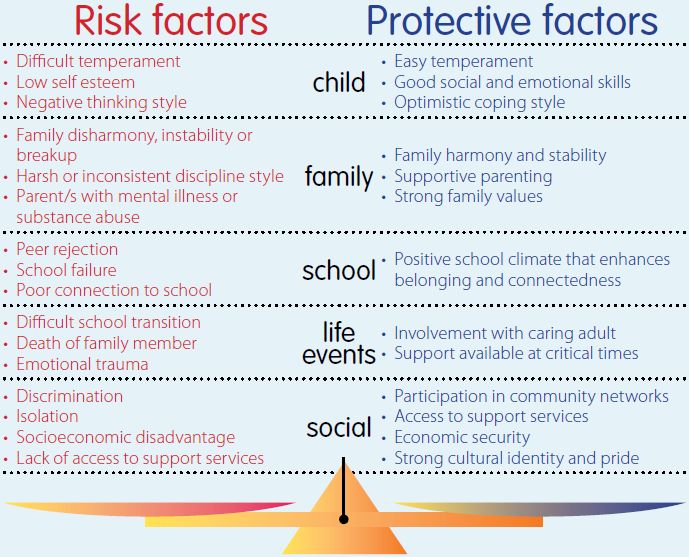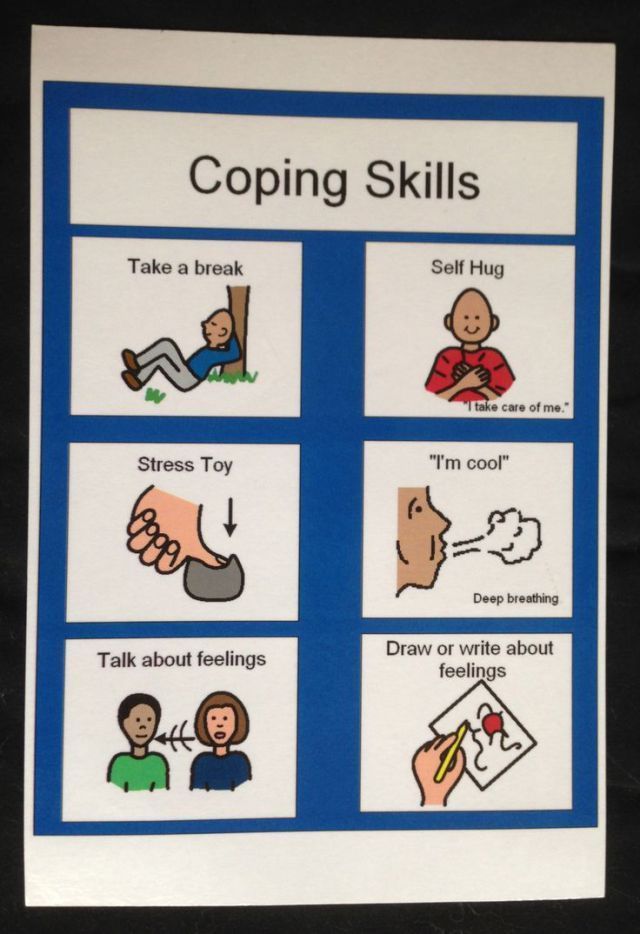Factors that influence parenting
Influences on Parenting – Parenting and Family Diversity Issues
Diana Lang and Marissa L. Diener
Parenting is a complex process in which parents and children both impact one another. There are many reasons that parents behave the way they do. The multiple influences on parenting are still being explored. Proposed influences on parental behavior include:
- parent characteristics,
- child characteristics, and
- contextual and sociocultural characteristics.[1] [2]
Parent Characteristics
Parents bring unique traits and qualities to the parenting relationship that affect their decisions as parents. These characteristics include a parent’s age, gender identity, personality, developmental history, beliefs, knowledge about parenting and child development, and mental and physical health. Parents’ personalities also affect parenting behaviors. Parents who are more agreeable, conscientious, and outgoing are warmer and provide more structure to their children.
Parents who are more agreeable, less anxious, and less negative also support their children’s autonomy more than parents who are anxious and less agreeable.[3] Parents who have these personality traits appear to be better able to respond to their children positively and provide a more consistent, structured environment for their children.
Parents’ developmental histories, or their experiences as children, can also affect their parenting strategies. Parents may learn parenting practices from their own parents. Fathers whose own parents provided monitoring, consistent and age-appropriate discipline, and warmth are more likely to provide this constructive parenting to their own children.[4] Patterns of negative parenting and ineffective discipline also appear from one generation to the next. However, parents who are dissatisfied with their primary caregivers’ approach may be more likely to change their parenting methods when they have children.
Child Characteristics
Figure 1. A child with a difficult temperament can have a significant impact on a parent. (Photo Credit: Harald Groven, CC BY-SA 2.0)
A child with a difficult temperament can have a significant impact on a parent. (Photo Credit: Harald Groven, CC BY-SA 2.0)Parenting is bidirectional. Not only do parents and caregivers affect their children, but children influence their parents/primary caregivers as well.[5] Child characteristics, such as gender identity, birth order, temperament, and health status, can affect child-rearing behaviors and roles. For example, an infant with an easy temperament may enable caregivers to feel more effective, as they are easily able to soothe the child and elicit smiling and cooing. On the other hand, a cranky or fussy infant can elicit fewer positive reactions from caregivers and may result in parents feeling less effective in the role.[6] Over time, parents of more difficult children may become more punitive and less patient with their children.[7] [8] Many parents who have a fussy, difficult child have been found to be less satisfied with their relationships and have greater challenges in balancing work and family roles.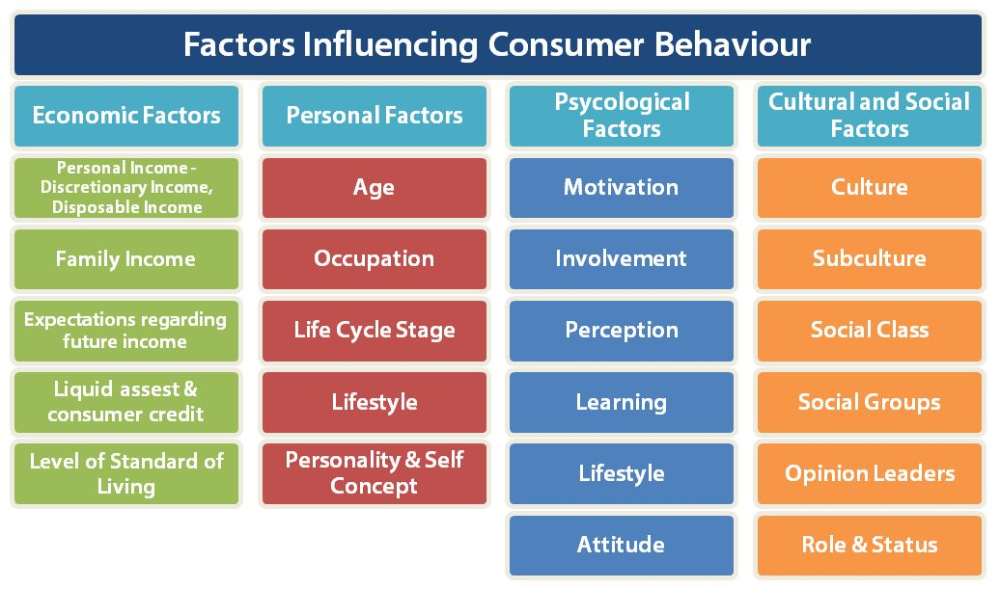 [9] Thus, child temperament is one of the child characteristics that influences how caregivers behave with their children.
[9] Thus, child temperament is one of the child characteristics that influences how caregivers behave with their children.
Another child characteristic is the child’s gender identity. Some parents assign different household chores to their children based on their child’s gender identity. For example, older research has shown girls are more often responsible for caring for younger siblings and household chores, whereas boys are more likely to be asked to perform chores outside the home, such as mowing the lawn.[10] Research has also demonstrated that some parents talk differently with their children based on their child’s gender identity, such as providing more scientific explanations to their sons and using more emotion words with their daughters.[11]
Contextual Factors and Sociocultural Characteristics
The parent-child relationship does not occur in isolation. Sociocultural characteristics, including economic hardship, religion, politics, neighborhoods, schools, and social support, can also influence parenting.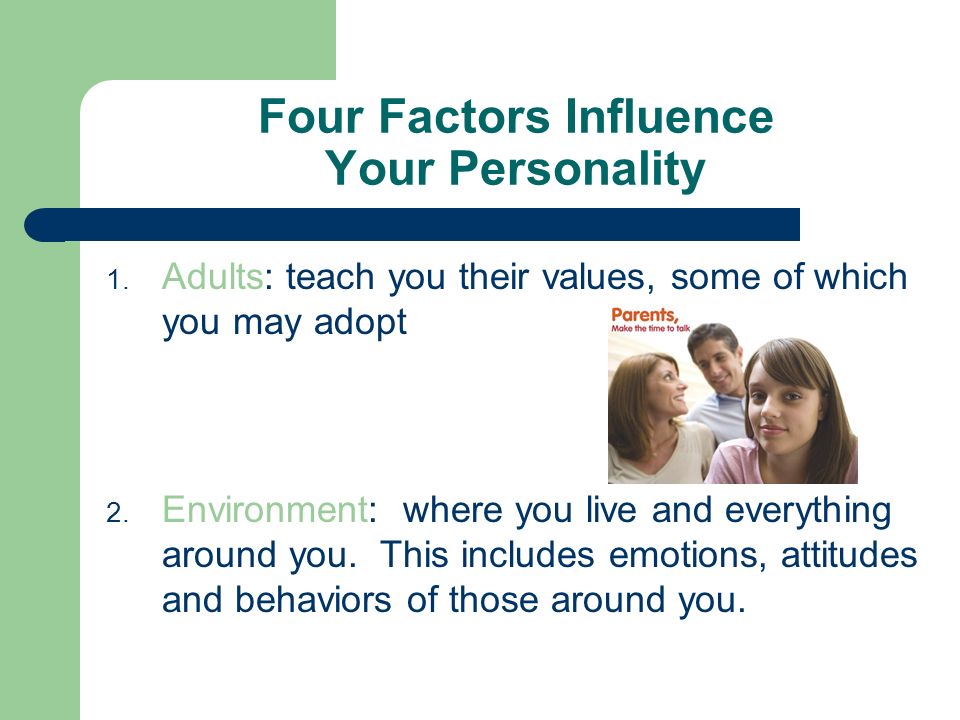 Parents who experience economic hardship tend to be more easily frustrated, depressed, and sad, and these emotional characteristics can affect their parenting skills.[12] Culture can also impact parenting behaviors in fundamental ways. Although promoting the development of skills necessary to function effectively in one’s community, to the best of one’s abilities, is a universal goal of parenting, the specific skills necessary vary widely from culture to culture. Thus, parents have different goals for their children that partially depend on their culture.[13] For example, parents vary in how much they emphasize goals for independence and individual achievements and goals involving maintaining harmonious relationships and being embedded in a strong network of social relationships.
Parents who experience economic hardship tend to be more easily frustrated, depressed, and sad, and these emotional characteristics can affect their parenting skills.[12] Culture can also impact parenting behaviors in fundamental ways. Although promoting the development of skills necessary to function effectively in one’s community, to the best of one’s abilities, is a universal goal of parenting, the specific skills necessary vary widely from culture to culture. Thus, parents have different goals for their children that partially depend on their culture.[13] For example, parents vary in how much they emphasize goals for independence and individual achievements and goals involving maintaining harmonious relationships and being embedded in a strong network of social relationships.
Watch Dr. Dan Siegel describe how caregivers can impact brain development.
Figure 2. Influences on parenting can stem from internal factors such as the parent or child’s characteristics or external, sociocultural characteristics.
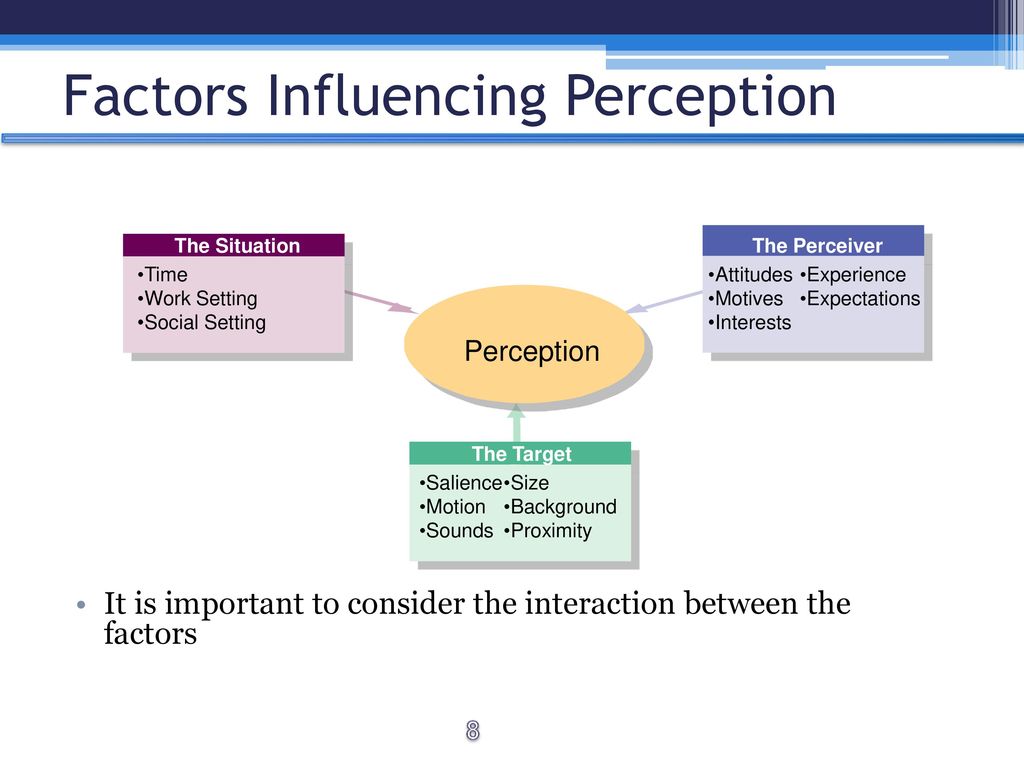
These differences in parental goals can also be influenced by culture and immigration status. Other important contextual characteristics, such as the neighborhood, school, and social networks, can affect parenting, even though these settings do not always include both the child and the parent.[14] For example, Latina mothers who perceived their neighborhood as more dangerous showed less warmth with their children, perhaps because of the greater stress associated with living in a threatening environment.[15]
Summary: Many Factors Can Influence Parenting and Child Outcomes
Parenting factors include characteristics of the primary caregiver, such as gender identity and personality, as well as characteristics of the child, such as age and temperament. Parenting styles provide reliable indicators of parenting functioning that predicts child well-being across a wide spectrum of environments and diverse communities. Caregivers who consistently engage in high responsiveness and appropriate demandingness with children are linked to more “quality” outcomes for youth.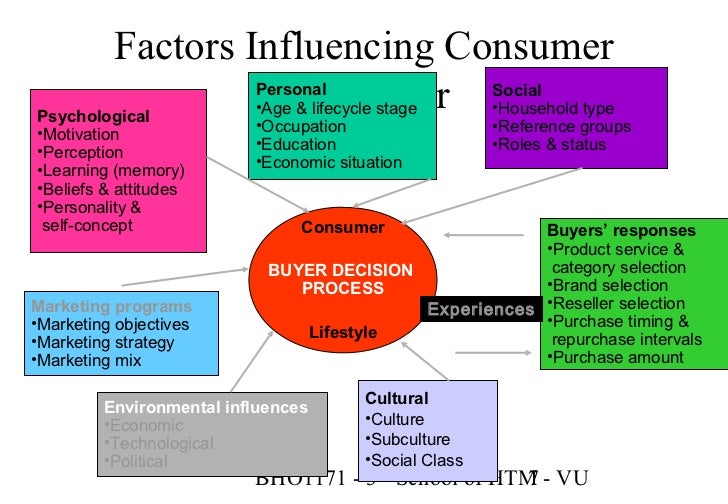
The interaction among all these factors creates many different patterns of parenting behaviors. For instance, parenting influences a child’s development as well as the development of the parent or primary caregiver. And, as parents face new challenges, they change their parenting strategies and construct new aspects of their identities. Furthermore, the goals and tasks of parents may change over time as their children develop.[16] [17] However, the next page outlines typical parenting tasks, roles, goals, and responsibilities that extend across cultures and time.
- Belsky, J. (1984). The determinants of parenting: A process model. Child Development, 55(1), 83-96. ↵
- Demick, J. (1999). Parental development: Problem, theory, method, and practice. In Mosher, R. L., Youngman D. J., & Day J. M. (Eds.), Human development across the life span: Educational and psychological applications (pp. 177-199). Praeger.
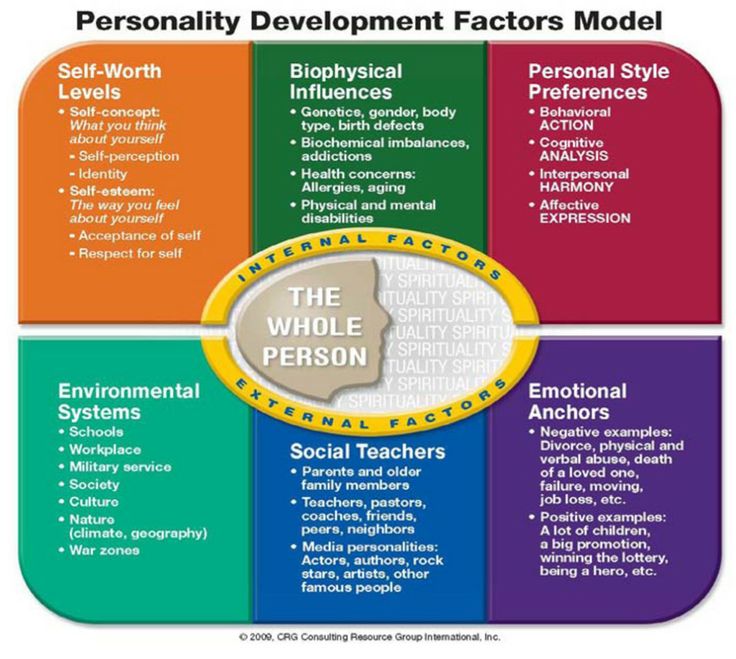 ↵
↵ - Prinzie, P., Stams, G. J., Dekovic, M., Reijntjes, A. H., & Belsky, J. (2009). The relations between parents’ Big Five personality factors and parenting: A meta-review. Journal of Personality and Social Psychology, 97(1), 351–362. ↵
- Kerr, D. C. R., Capaldi, D. M., Pears, K. C., & Owen, L. D. (2009). A prospective three generational study of fathers’ constructive parenting: Influences from family of origin, adolescent adjustment, and offspring temperament. Developmental Psychology, 45(1), 1257-1275. ↵
- Child Characteristics is adapted from "The Developing Parent" by Marisa Diener, licensed CC BY NC SA. ↵
- Eisenberg, N., Hofer, C., Spinrad, T., Gershoff, E., Valiente, C., Losoya, S. L., Zhou, Q., Cumberland, A., Liew, J., Reiser, M., & Maxon, E. (2008). Understanding parent-adolescent conflict discussions: Concurrent and across-time prediction from youths’ dispositions and parenting. Monographs of the Society for Research in Child Development, 73(2), 1-160.
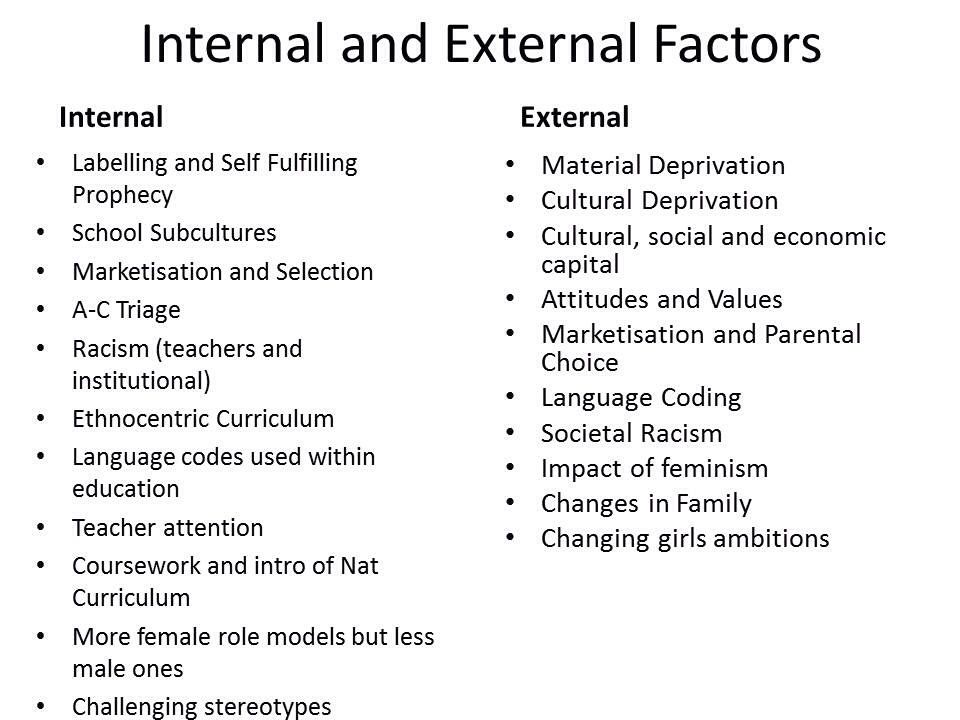 ↵
↵ - Clark, L. A., Kochanska, G., & Ready, R. (2000). Mothers’ personality and its interaction with child temperament as predictors of parenting behavior. Journal of Personality and Social Psychology, 79, 274-285. ↵
- Kiff, C. J., Lengua, L. J., & Zalewski, M. (2011). Nature and nurturing: Parenting in the context of child temperament. Clinical Child and Family Psychology Review, 14(1), 251–301. https://doi.org/10.1007/s10567011-0093-4 ↵
- Hyde, J. S., Else-Quest, N. M., & Goldsmith, H. H. (2004). Children’s temperament and behavior problems predict their employed mothers’ work functioning. Child Development, 75, 580–594. ↵
- Grusec, J. E., Goodnow, J. J., & Cohen, L. (1996). Household work and the development of concern for others. Developmental Psychology, 32(6), 999-1007. ↵
- Crowley, K., Callanan, M. A., Tenenbaum, H. R., & Allen, E. (2001). Parents explain more often to boys than to girls during shared scientific thinking.
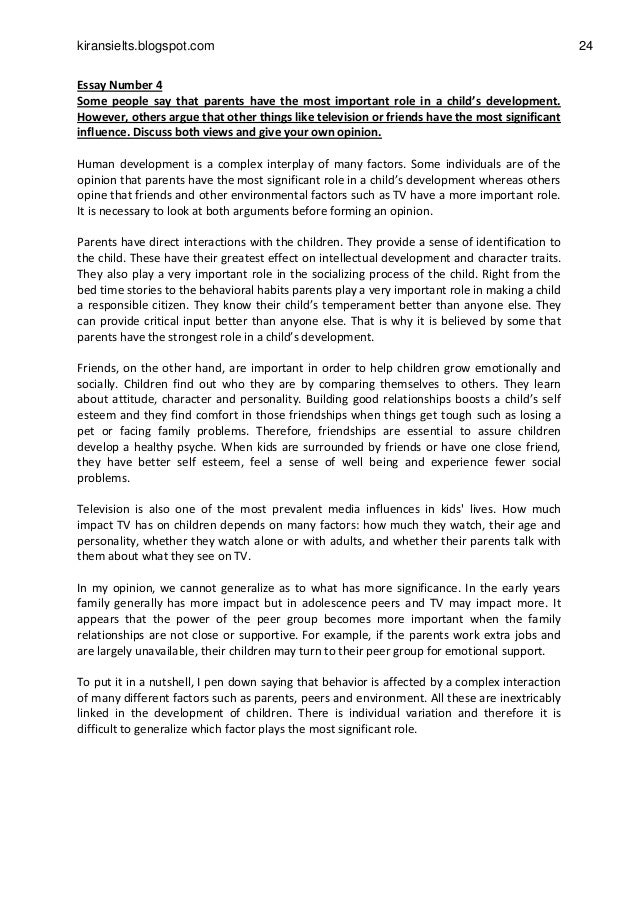 Psychological Science, 12(3), 258-261. https://doi.org/10.1111/1467-9280.00347 ↵
Psychological Science, 12(3), 258-261. https://doi.org/10.1111/1467-9280.00347 ↵ - Conger, R. D., & Conger, K. J. (2004). Resilience in Midwestern families: Selected findings from the first decade of a prospective, longitudinal study. Journal of Marriage and Family, 64(2): 361-373. https://doi.org/10.1111/j.1741-3737.2002.00361.x ↵
- Tamis-LeMonda, C. S., Way, N., Hughes, D., Yoshikawa, H., Kalman, R. K., & Niwa, E. Y. (2007). Parents' goals for children: The dynamic coexistence of individualism and collectivism in cultures and individuals. Social Development, 17(1), 183-209. https://doi.org/10.1111/j.1467-9507.2007.00419.x ↵
- Bronfenbrenner, U. (1989). Ecological systems theory. Annals of Child Development, 6(1), 187-249. ↵
- Gonzalez-Backen, M. A., Updegraff, K. A., & Umaña-Taylor, A. J. (2011). Mexican-origin adolescent mothers’ stressors and psychosocial functioning: Examining ethnic identity affirmation and familism as moderators.
 Journal of Youth and Adolescence, 40(2), 140-157. https://doi.org/10.1007/s10964-010-9511-z ↵
Journal of Youth and Adolescence, 40(2), 140-157. https://doi.org/10.1007/s10964-010-9511-z ↵ - Baumrind, D. (1991). The influence of parenting style on adolescent competence and substance use. Journal of Early Adolescence, 11, 56–95. 10.1177/0272431691111004 ↵
- Barber, B. K. (1996). Parental psychological control: Revisiting a neglected construct. Child Development, 67, 3296-3319. doi:10.2307/1131780 ↵
1.1: Influences on Parenting - Social Sci LibreTexts
- Last updated
- Save as PDF
- Page ID
- 77334
- Diana Lang
- Iowa State University
Figure 1. A child with a difficult temperament can have a significant impact on a parent.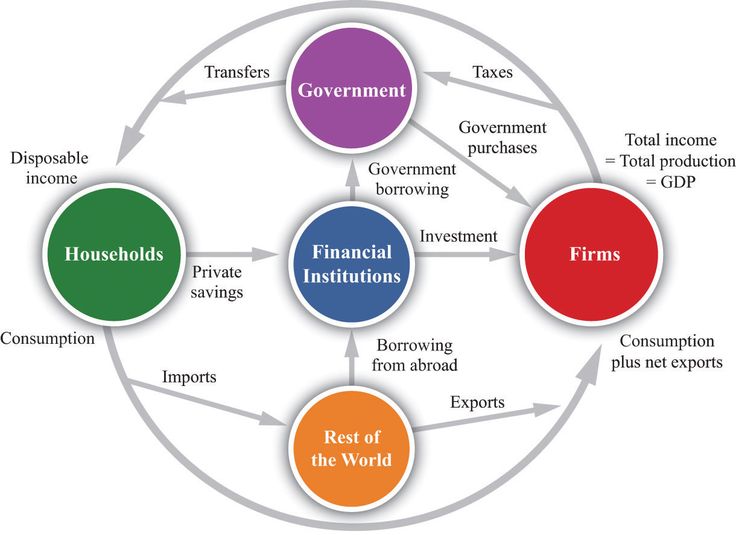 (Photo Credit: Harald Groven, CC BY-SA 2.0)
(Photo Credit: Harald Groven, CC BY-SA 2.0)
Figure 2. Influences on parenting can stem from internal factors such as the parent or child’s characteristics or external, sociocultural characteristics.
- Belsky, J. (1984). The determinants of parenting: A process model. Child Development, 55(1), 83-96. ↵
- Demick, J. (1999). Parental development: Problem, theory, method, and practice. In Mosher, R. L., Youngman D. J., & Day J. M. (Eds.), Human development across the life span: Educational and psychological applications (pp. 177-199). Praeger. ↵
- Prinzie, P., Stams, G. J., Dekovic, M., Reijntjes, A. H., & Belsky, J. (2009). The relations between parents’ Big Five personality factors and parenting: A meta-review. Journal of Personality and Social Psychology, 97(1), 351–362. ↵
- Kerr, D. C. R., Capaldi, D. M., Pears, K. C., & Owen, L. D. (2009). A prospective three generational study of fathers’ constructive parenting: Influences from family of origin, adolescent adjustment, and offspring temperament.
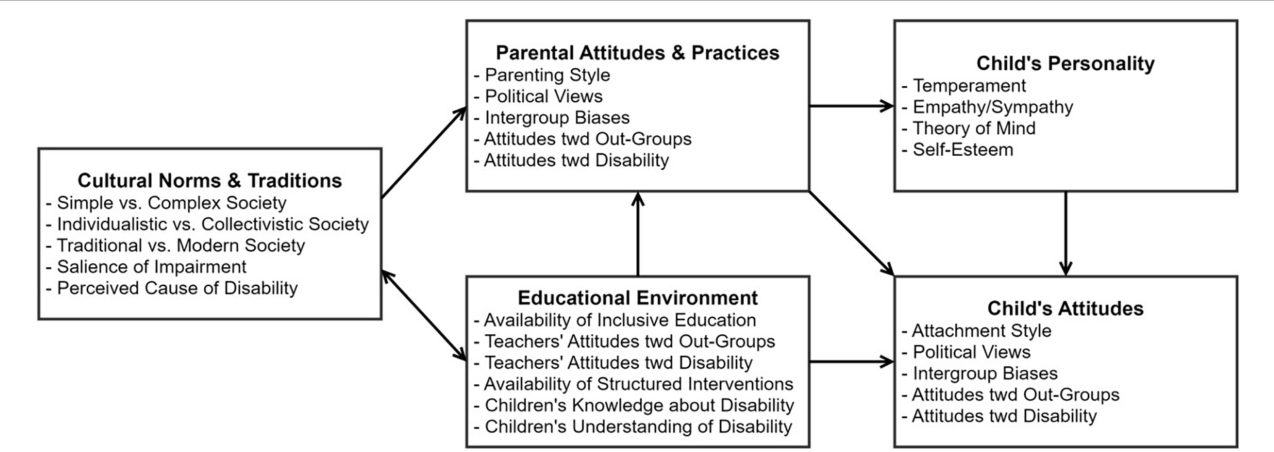 Developmental Psychology, 45(1), 1257-1275. ↵
Developmental Psychology, 45(1), 1257-1275. ↵ - Child Characteristics is adapted from "The Developing Parent" by Marisa Diener, licensed CC BY NC SA. ↵
- Eisenberg, N., Hofer, C., Spinrad, T., Gershoff, E., Valiente, C., Losoya, S. L., Zhou, Q., Cumberland, A., Liew, J., Reiser, M., & Maxon, E. (2008). Understanding parent-adolescent conflict discussions: Concurrent and across-time prediction from youths’ dispositions and parenting. Monographs of the Society for Research in Child Development, 73(2), 1-160. ↵
- Clark, L. A., Kochanska, G., & Ready, R. (2000). Mothers’ personality and its interaction with child temperament as predictors of parenting behavior. Journal of Personality and Social Psychology, 79, 274-285. ↵
- Kiff, C. J., Lengua, L. J., & Zalewski, M. (2011). Nature and nurturing: Parenting in the context of child temperament. Clinical Child and Family Psychology Review, 14(1), 251–301.
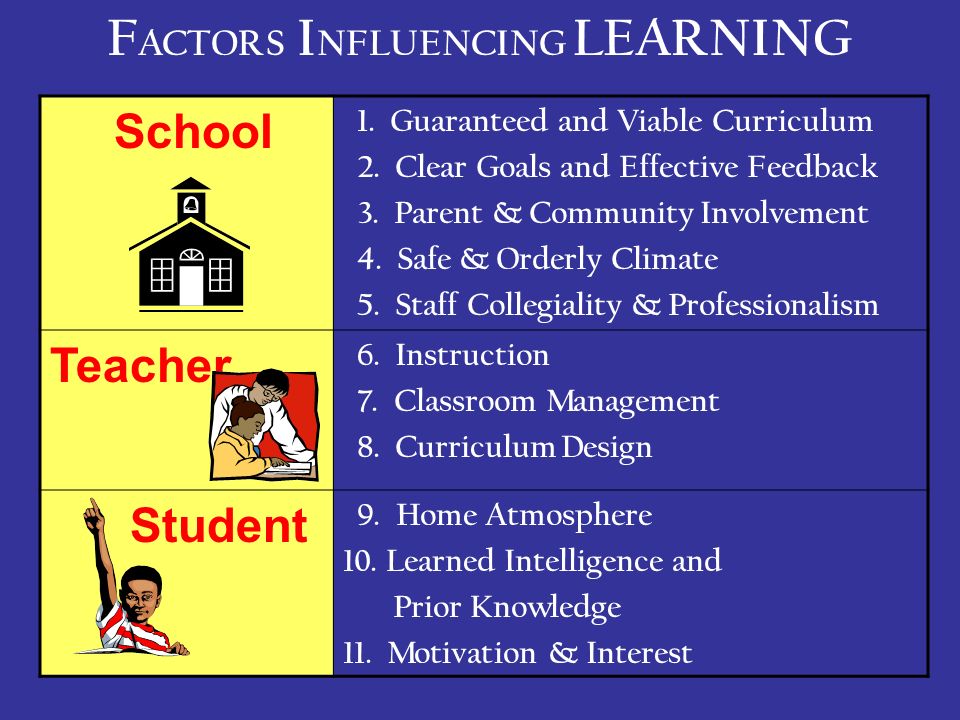 doi.org/10.1007/s10567011-0093-4↵
doi.org/10.1007/s10567011-0093-4↵ - Hyde, J. S., Else-Quest, N. M., Goldsmith, H. H., & Biesanz, J. C. (2004). Children's temperament and behavior problems predict their employed mothers' work functioning. Child Development, 75(2), 580-594. doi.org/10.1111/j.1467-8624.2004.00694.x↵
- Grusec, J. E., Goodnow, J. J., & Cohen, L. (1996). Household work and the development of concern for others. Developmental Psychology, 32(6), 999-1007. ↵
- Crowley, K., Callanan, M. A., Tenenbaum, H. R., & Allen, E. (2001). Parents explain more often to boys than to girls during shared scientific thinking. Psychological Science, 12(3), 258-261. https://doi.org/10.1111/1467-9280.00347↵
- Conger, R. D., & Conger, K. J. (2004). Resilience in Midwestern families: Selected findings from the first decade of a prospective, longitudinal study. Journal of Marriage and Family, 64(2): 361-373. doi.
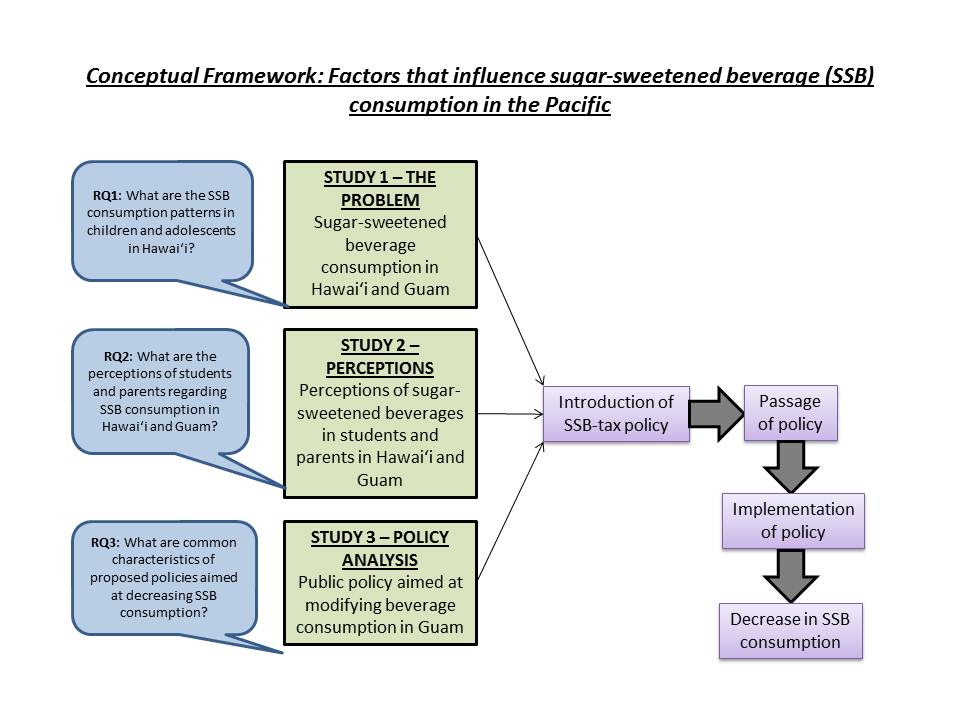 org/10.1111/j.1741-3737.2002.00361.x↵
org/10.1111/j.1741-3737.2002.00361.x↵ - Tamis-LeMonda, C. S., Way, N., Hughes, D., Yoshikawa, H., Kalman, R. K., & Niwa, E. Y. (2007). Parents' goals for children: The dynamic coexistence of individualism and collectivism in cultures and individuals. Social Development, 17(1), 183-209. doi.org/10.1111/j.1467-9507.2007.00419.x↵
- Bronfenbrenner, U. (1989). Ecological systems theory. Annals of Child Development, 6(1), 187-249. ↵
- Gonzalez-Backen, M. A., Updegraff, K. A., & Umaña-Taylor, A. J. (2011). Mexican-origin adolescent mothers’ stressors and psychosocial functioning: Examining ethnic identity affirmation and familism as moderators. Journal of Youth and Adolescence, 40(2), 140-157. https://doi.org/10.1007/s10964-010-9511-z↵
- Baumrind, D. (1991). The influence of parenting style on adolescent competence and substance use. Journal of Early Adolescence, 11, 56–95.
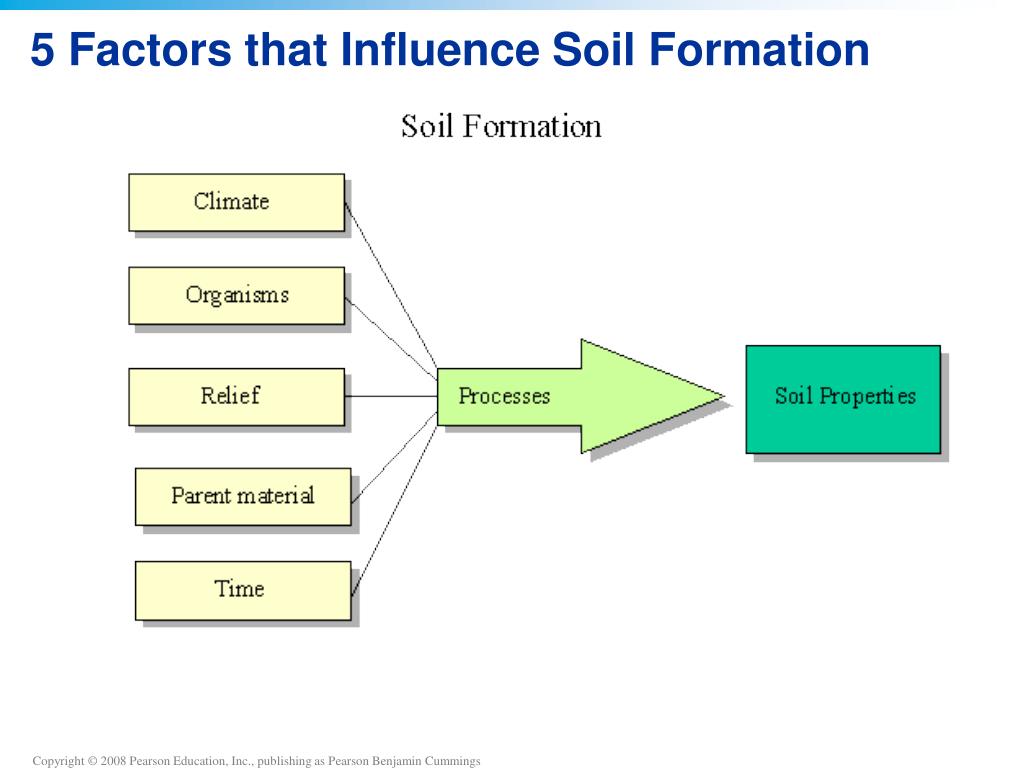 10.1177/0272431691111004 ↵
10.1177/0272431691111004 ↵ - Barber, B. K. (1996). Parental psychological control: Revisiting a neglected construct. Child Development, 67, 3296-3319. doi:10.2307/1131780 ↵
This page titled 1.1: Influences on Parenting is shared under a not declared license and was authored, remixed, and/or curated by Diana Lang.
- Back to top
- Was this article helpful?
-
- Article type
- Section or Page
- Author
- Diana Lang
- Tags
-
Objective and subjective factors of education
Education is difficult to analyze. The reason for this lies in the enormous complexity of the mechanisms for the formation of good breeding and the inability to predict the result. Nevertheless, it is possible to identify factors that determine the course and effectiveness of the educational process.
Factors of upbringing
Definition 1Factor is the reason that influences upbringing in one way or another.
Factors of education are of 2 types: objective and subjective. nine0003 Definition 2
Objective factors are reasons that do not depend on the pupil.
Examples of objective factors are:
- Place of birth;
- Habitat;
- Nature and climate;
- Traditions and prevailing norms in society.
These factors determine the core features of a person such as nationality, race, religious orientation. It is almost impossible to change something in the action of objective factors of upbringing. nine0003
Subjectivity of upbringing
In other respects, upbringing has a pronounced subjective orientation.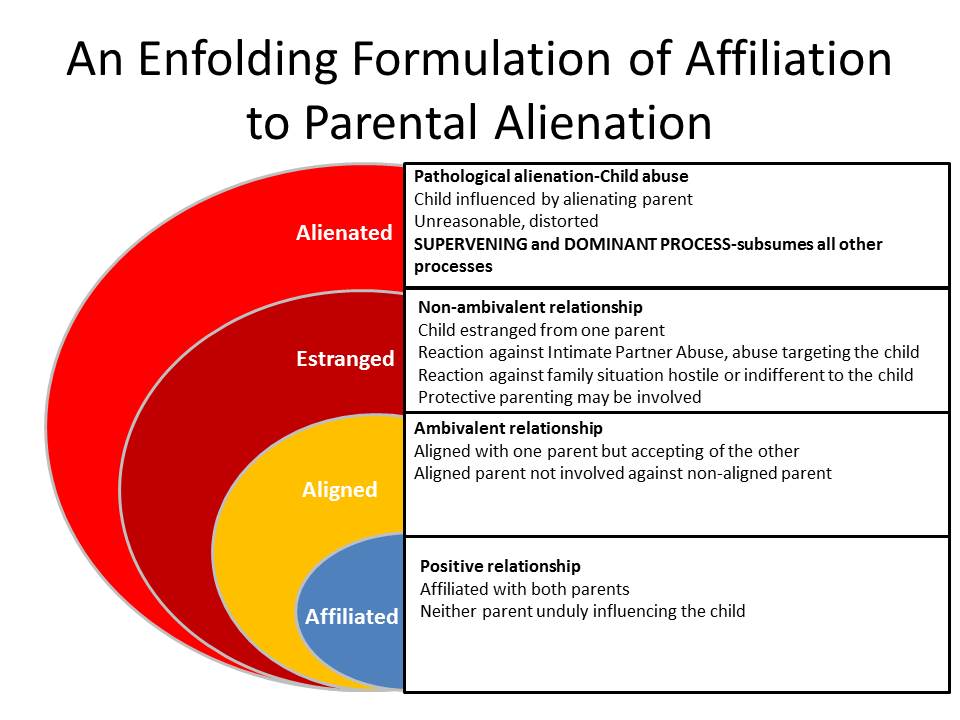
Subjective factors are reasons that depend on the pupil and his teachers, as well as the people around him and the activities of educational institutions.
The subjective factor is, in particular:
- The student's inclination to education and his ability to perceive educational influences;
- Orientation of the pupil; nine0020
- Aspirations, desires and intentions of the pupil;
- Personal interests of the pupil;
- Spiritual connection between pupil and teacher;
- Interaction between teachers and pupils;
- educational system;
- Direct activities of educators;
- Organization of the educational process;
- Pedagogical education programs;
- Moral and psychological mood in the team.
A student's upbringing strongly influences the educational process. Children with a high indicator of upbringing respond faster to help in the development of their personality, listen to the advice of the educator. All this affects the correct use and transformation of the acquired methods of social behavior in life and significantly increases the effectiveness of education. The low level of upbringing in children is manifested in their closeness to development, unwillingness to listen to the teacher's recommendations. Poorly educated children find it difficult to orient themselves in new environmental conditions. nine0003
All this affects the correct use and transformation of the acquired methods of social behavior in life and significantly increases the effectiveness of education. The low level of upbringing in children is manifested in their closeness to development, unwillingness to listen to the teacher's recommendations. Poorly educated children find it difficult to orient themselves in new environmental conditions. nine0003
The educational system itself can be the cause of productive and unproductive education.
Definition 4Educational system is a complex of related components that develops in space and time. The components of the educational system are: goals, the general activity of people, the people themselves as subjects of educational activity, the environment, human relations.
In modern conditions, the role of the personality of the educator and his influence on the productivity of the educational process is increasing. The teacher, as the main generator of spirituality, cannot have a monopoly on educational influence.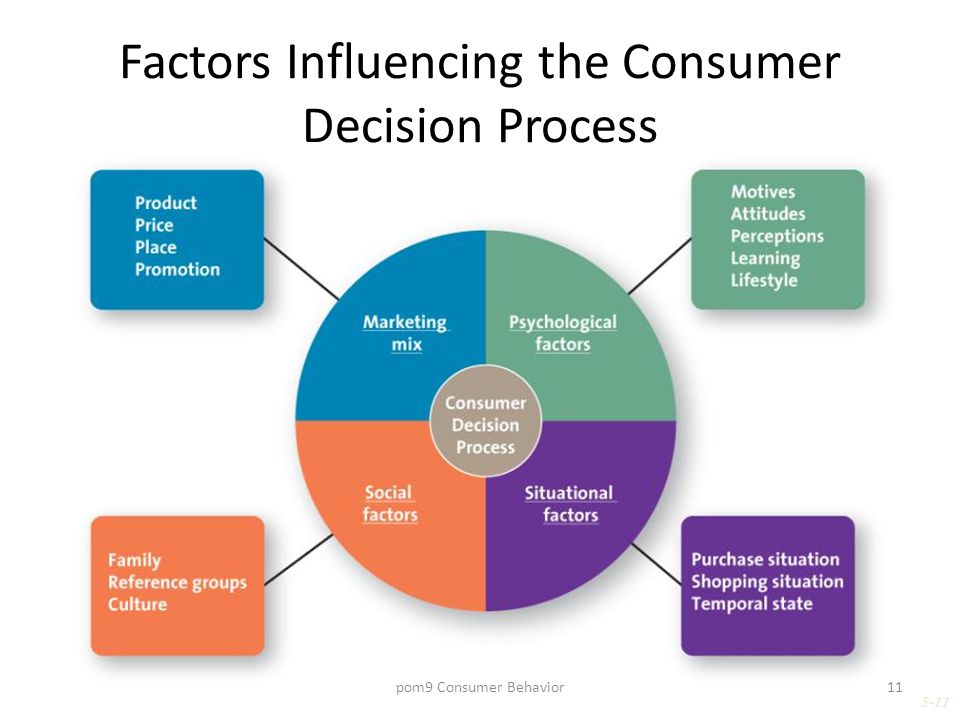 Only the diversity and even the polarity of educational influences gives rise to the problem of efficiency. The relevance of this problem grows as the student grows up, and his rational-critical attitude towards the environment and the perceived educational and pedagogical information grows in parallel. The power of educational influence is influenced not by its direction, but by who and how it is carried out. That is why the personality of the teacher becomes the primary factor in the effectiveness of the upbringing process. nine0003
Only the diversity and even the polarity of educational influences gives rise to the problem of efficiency. The relevance of this problem grows as the student grows up, and his rational-critical attitude towards the environment and the perceived educational and pedagogical information grows in parallel. The power of educational influence is influenced not by its direction, but by who and how it is carried out. That is why the personality of the teacher becomes the primary factor in the effectiveness of the upbringing process. nine0003
Subjective factors are quite changeable, changeable. Moreover, their action can reach quite a large force. Subjective factors often appear and act situationally, in a short period of time. Their application in pedagogical activity requires high pedagogical professionalism. In each specific situation, the complex nature of the impact of objective and subjective factors, the goals of education leave their own unique imprint on the educational process. nine0003
Problem solving from 1 day / from 150 rubles Course work from 5 days / from 1800 rubles abstract from 1 day / from 700 rubles nine0003
Author: Dmitry Kosyakov
Candidate of Pedagogical Sciences. Department of Teaching Methods, Moscow City Pedagogical University
Previous article
Theory of education in civil society
Next article
Means of educational work
nine0018- Diploma works
- Coursework
- Abstracts nine0019 Test papers
Learn more
nine0122Subject Introduction to the teaching profession
Order the same work
-
Type of work:
Coursework
-
Completed:
October 8, 2021
-
Cost:
RUB 3,500
Order the same work nine0003
The role and place of an educational organization in the system of implementation of the RLD complex Strictly according to MU
-
Type of work:
nine0002 Abstract -
Completed:
July 13, 2021
-
Cost:
nine0002 RUB 1,900
Order the same work
Possibilities of using the principles of thought-activity pedagogy and meta-subject technologies in teaching design to schoolchildren nine0003
-
Type of work:
Essay
-
Completed:
June 17, 2021
nine0019
Cost:
RUB 1,200
Order the same work
nine0122Answers on questions
-
Type of work:
Practical work
Completed:
April 4, 2021
-
Cost:
800 rub
nine0027 -
How justified is the institution of recall in Russian legislation nine0003
-
Type of work:
Essay
-
Completed:
March 7, 2021
nine0019
Cost:
RUB 1,200
-
Order the same work
Order the same work
nine0002 View all works on pedagogyFactors influencing the upbringing of children
Children, like flowers, require care and the creation of the most favorable environment around them for full development.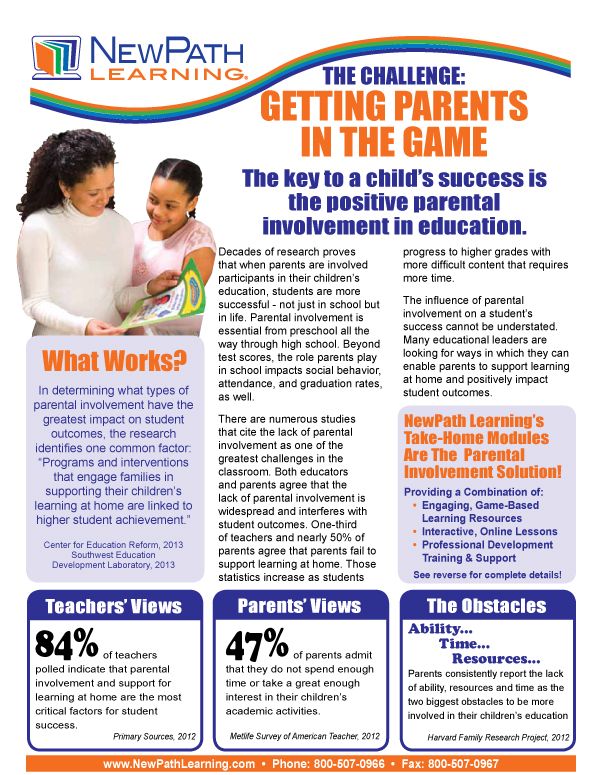 The upbringing of a child is influenced by various factors, since the whole world around him affects him.
The upbringing of a child is influenced by various factors, since the whole world around him affects him.
The task of parents is to educate a person who is ready for different situations, because it is not always possible to protect a child from failures, evil, betrayal, bad habits, but it is possible to teach a child to understand what is good and what is bad. nine0003
Family
As mentioned above, the main factor influencing the upbringing of a child is the family. A child spends most of his childhood surrounded by close people, whose personal example is the basis for the formation of the qualities necessary for each person.
If trust and kindness reign in the family, then the child will try to imitate this behavior outside the home world. The atmosphere that reigns in the family, the baby feels even in the womb, so it is so important to be able to smooth out conflicts, teach the child goodness and justice from birth. nine0003
Genetics
Genetic features of the child's character appear quite often and are one of the factors influencing the upbringing of the child.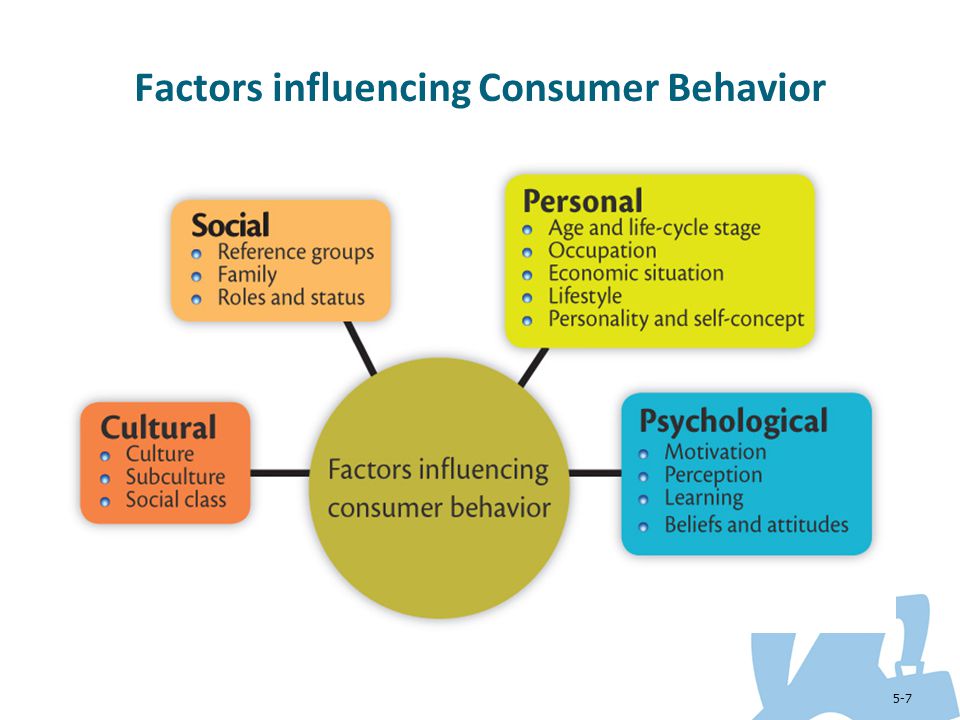 As the saying goes, “oranges will not be born from aspen”, and very often the character of the parent is transmitted to the child. It is not surprising if your child is hyperactive, if you yourself could not sit still as a child.
As the saying goes, “oranges will not be born from aspen”, and very often the character of the parent is transmitted to the child. It is not surprising if your child is hyperactive, if you yourself could not sit still as a child.
It is possible to correct a child's character, but it is not worth breaking his fragile world by introducing important life values by means of punishment. Only a discussion of actions and a personal example can show the child the importance of the ability to control himself, to restrain his negative emotions and impulses. nine0003
Environment
Environment – peers, relatives, acquaintances, humanity's attitude to nature also play an important role in education. Even in an exemplary family, a bully can grow up.
Do not panic and, moreover, do not punish the child for his first steps towards an evil deed. It is important to explain why this action should not be taken and what the possible consequences are. It is impossible, and not necessary, to protect the child from the outside world, but competent parents can always help the child choose the right path. nine0003
Educational institutions
A child's stay in preschool and school institutions is an important stage in his life, therefore both kindergarten and school are one of the main factors influencing the upbringing of children. It is in the social groups of peers, adults - educators and teachers, that a number of skills necessary for life are formed - organization, the ability to work in a team, perseverance, tolerance.
Communication between parents and representatives of the kindergarten and school is the key to success in raising a child. It is important to know what is happening at school and kindergarten in order to determine the cause of this or that behavior. nine0003
Mass media
Mass media play an important role in the upbringing of a child. The knowledge gained by children from watching TV shows and pages on the Internet often adversely affects the upbringing of the child. It is very difficult to control this process, but parents are able to instill in their child an interest in positive examples from life, then the children will try to look for information that will be useful.